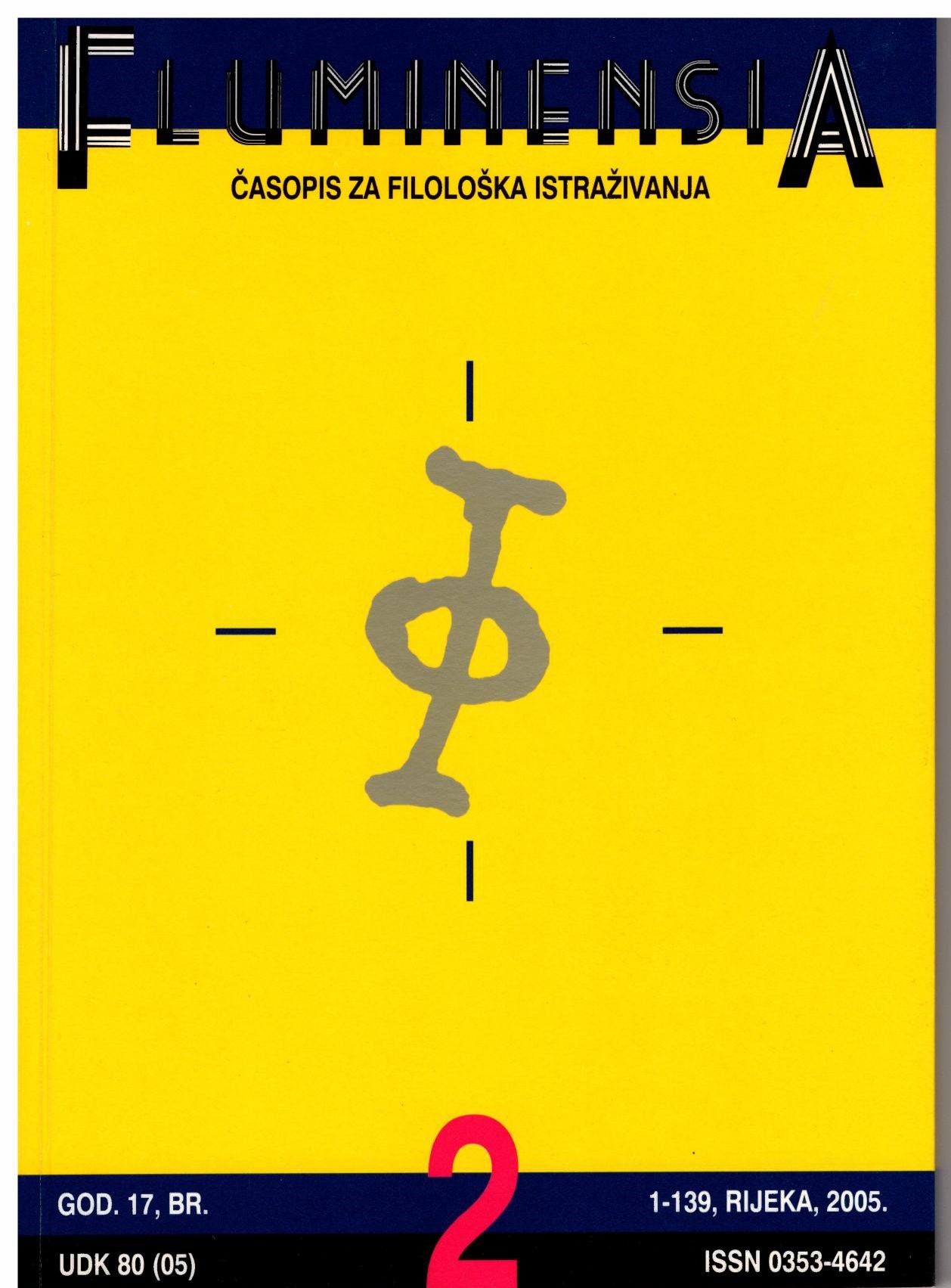Trgovačka praksa kao literarni obrazac u hrvatskoj renesansnoj književnosti
Ključne riječi:
renesansa, književnost, trgovina, novac, miraz, ironija, smijehSažetak
U radu se tematizira trgovačka praksa svojstvena renesansnom čovjeku na primjerima iz hrvatske književnosti 16.st. Naime, neki su književnici u svojim djelima konkretizirali renesansni racionalizam i praktičnost (M. Kaboga, A. Sasin, N. Nalješković, M. Držić, M. Benetović). Nastoje se pronaći motivske odrednice u skladu s ekonomskim, materijalističkim poimanjem svijeta. Novac, zgrtanje materijalnih dobara, tržišna ponuda i potražnja te robno-novčana razmjena postaju motivsko-tematski kompleksi u izgradnji književnoga teksta.
Analizira se trgovački 'duh' renesanse prisutan u književnosti na dva načina. Kroz praktičnu, egzistencijalnu domenu: spoznaja da život pa čak i umjetnička kreacija podliježu trgovačkim zakonima, da bi se moglo stvarati netko stvaralaštvo treba i financirati. Ali istovremeno i kroz svijest o navedenom paradoksu kao svojstvu renesansnoga optimizma: trgovinski će se ideal u književnosti podvrći samoironiji kroz domenu komike. Smijeh kao pokretač radnje u smislu razotkrivanja pohlepe, gramzivosti, držićevskog amor nije amor, zlato je amor.

